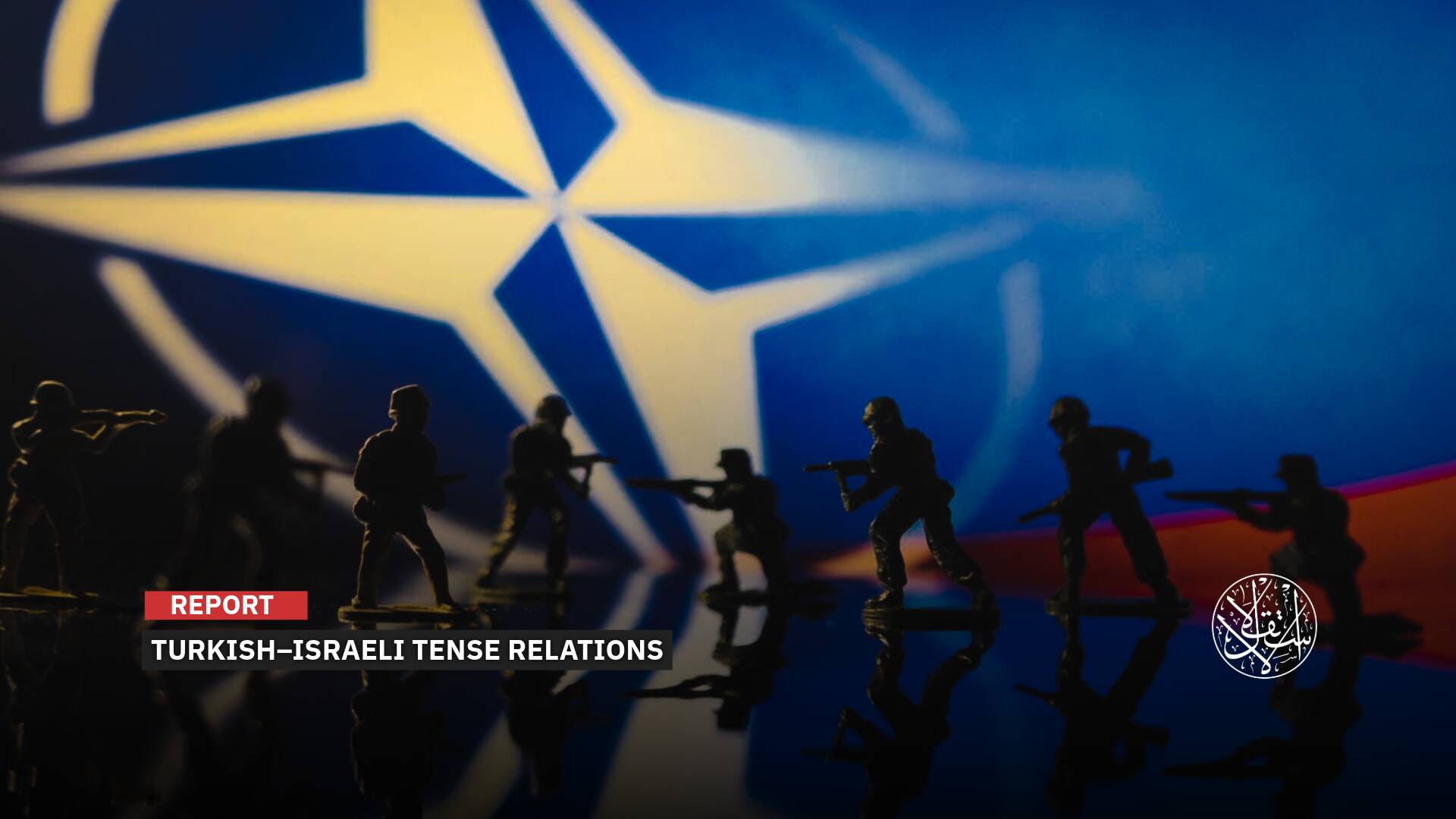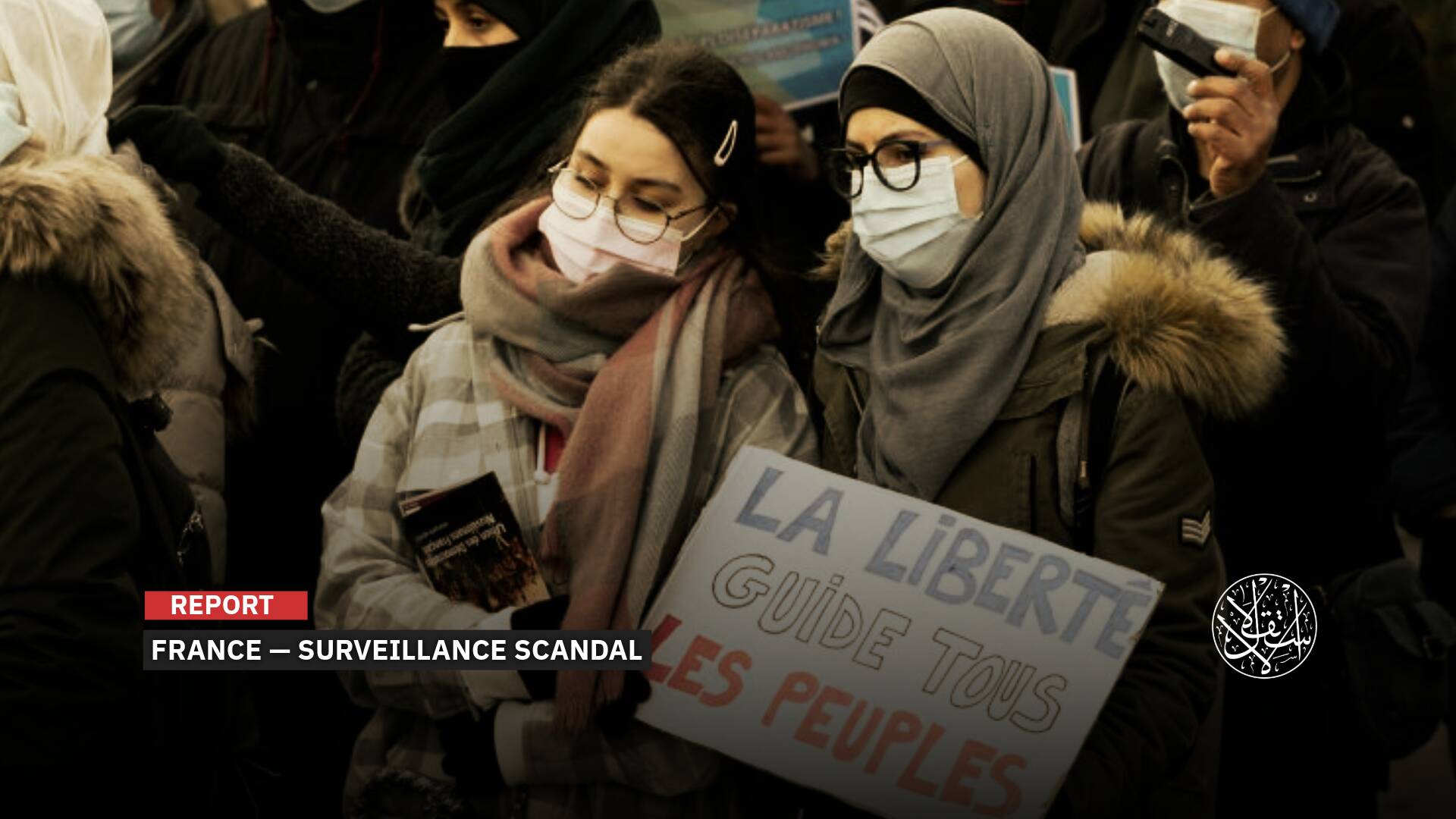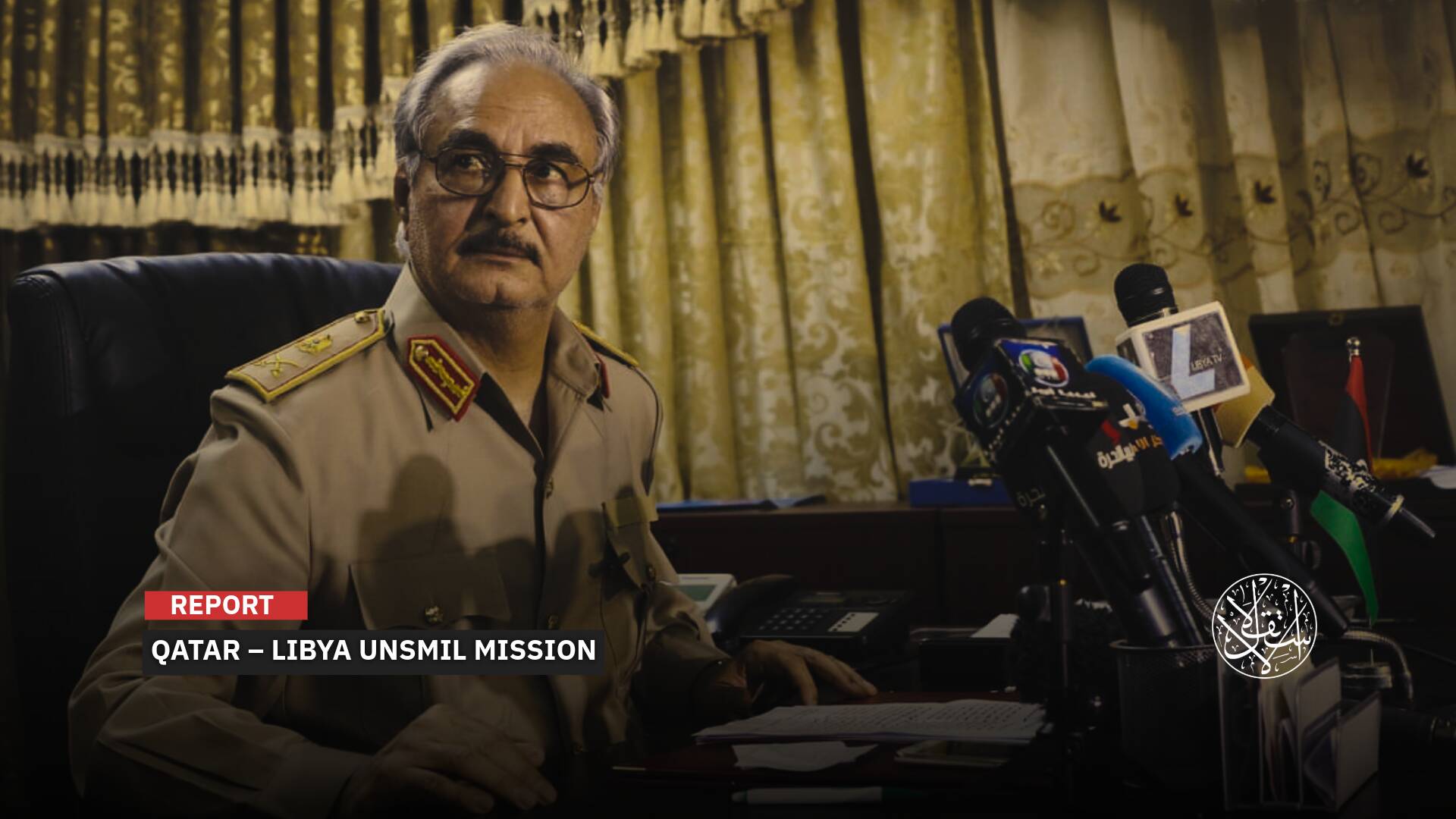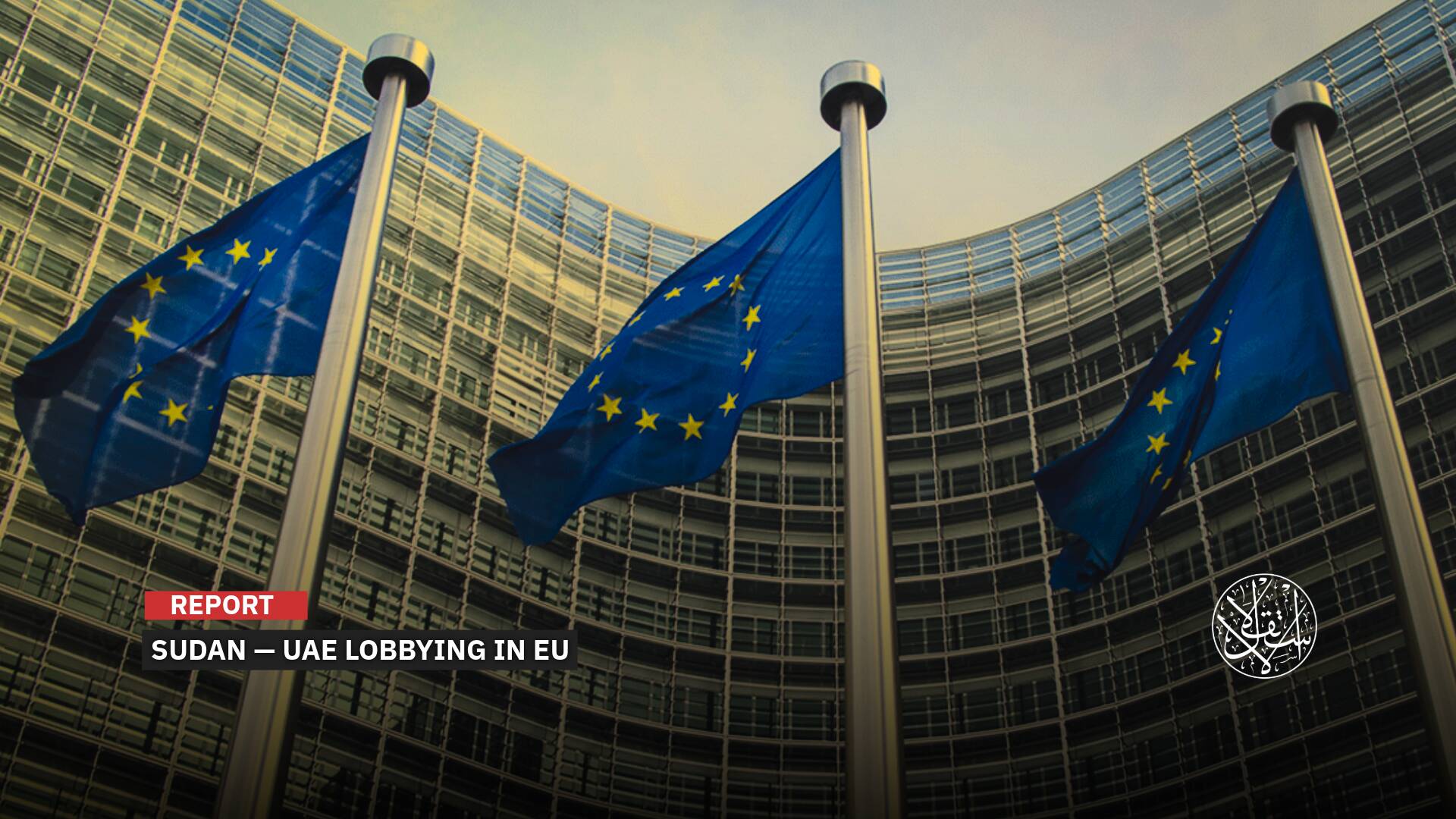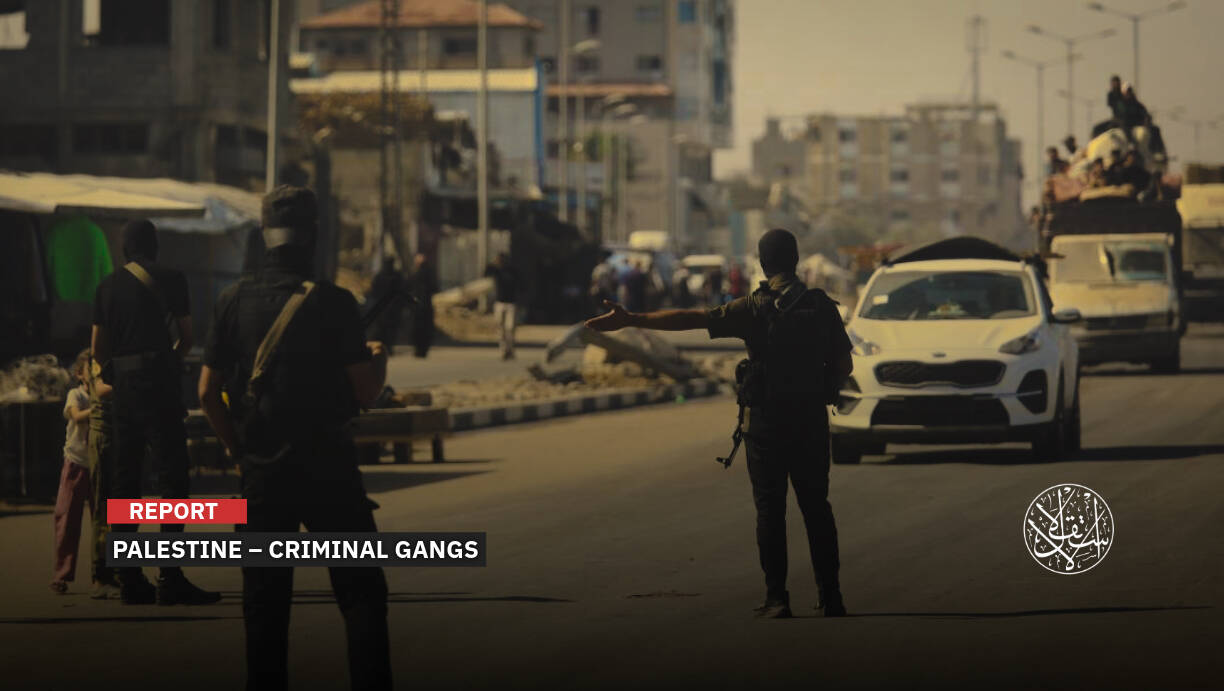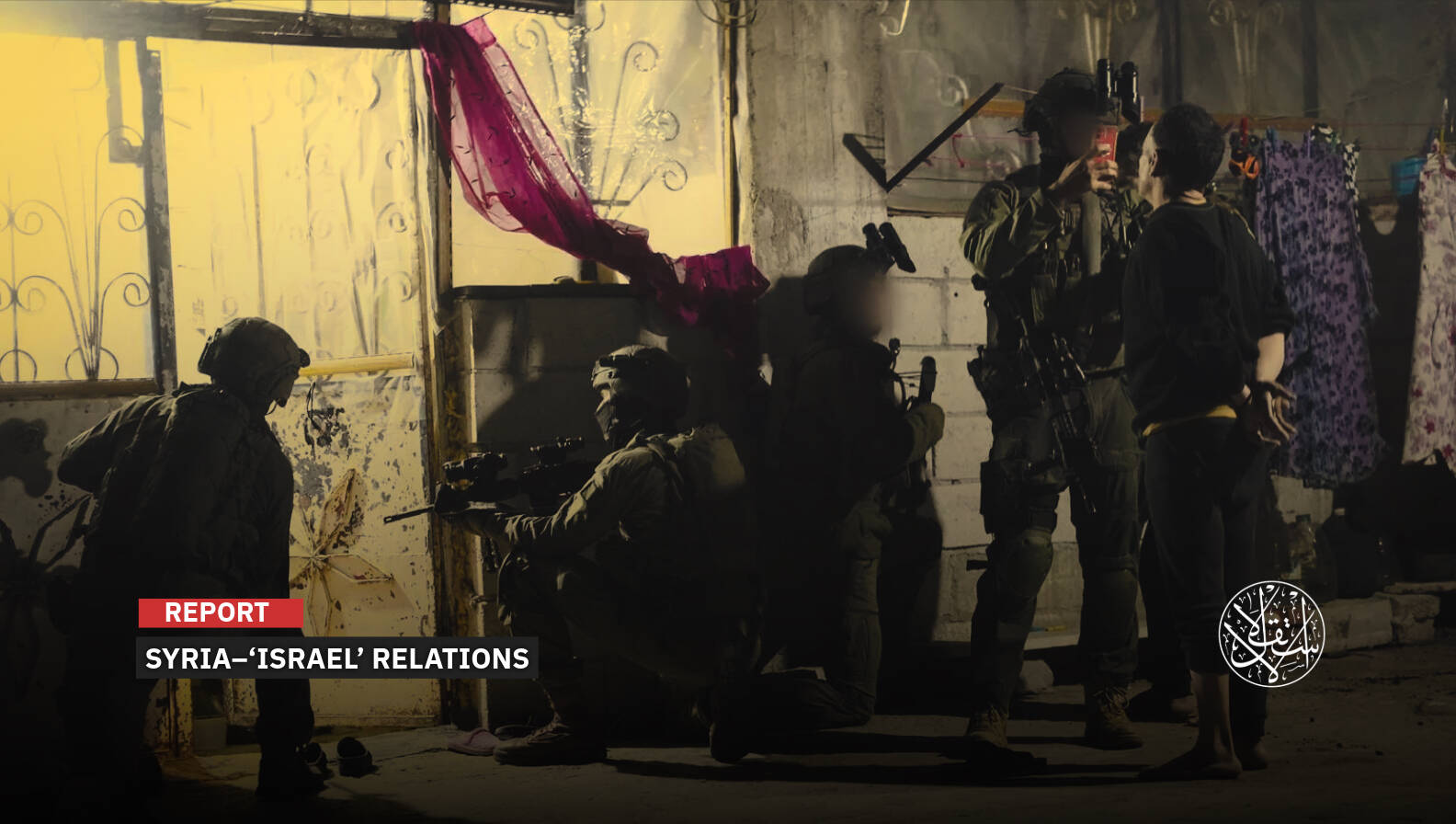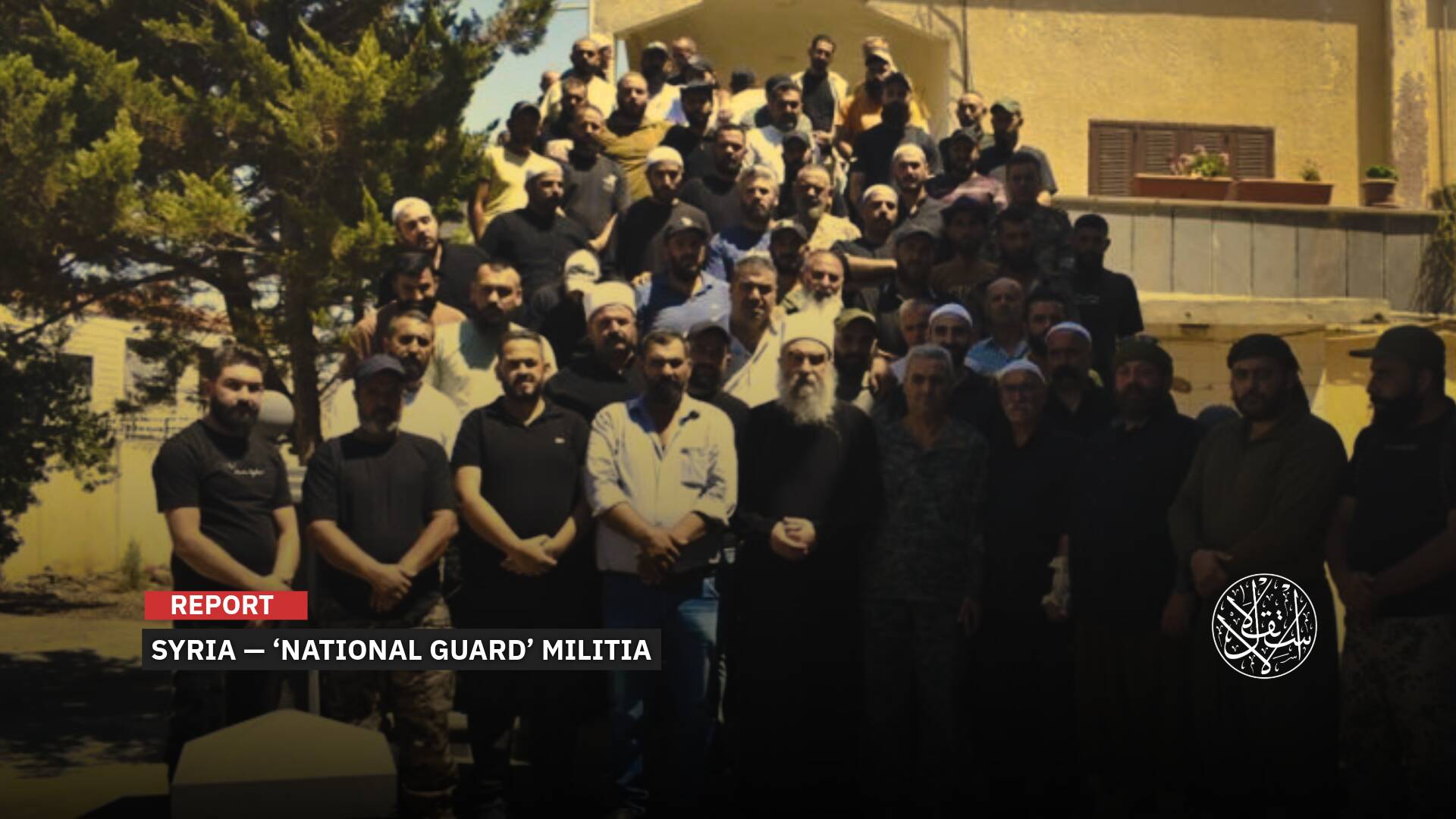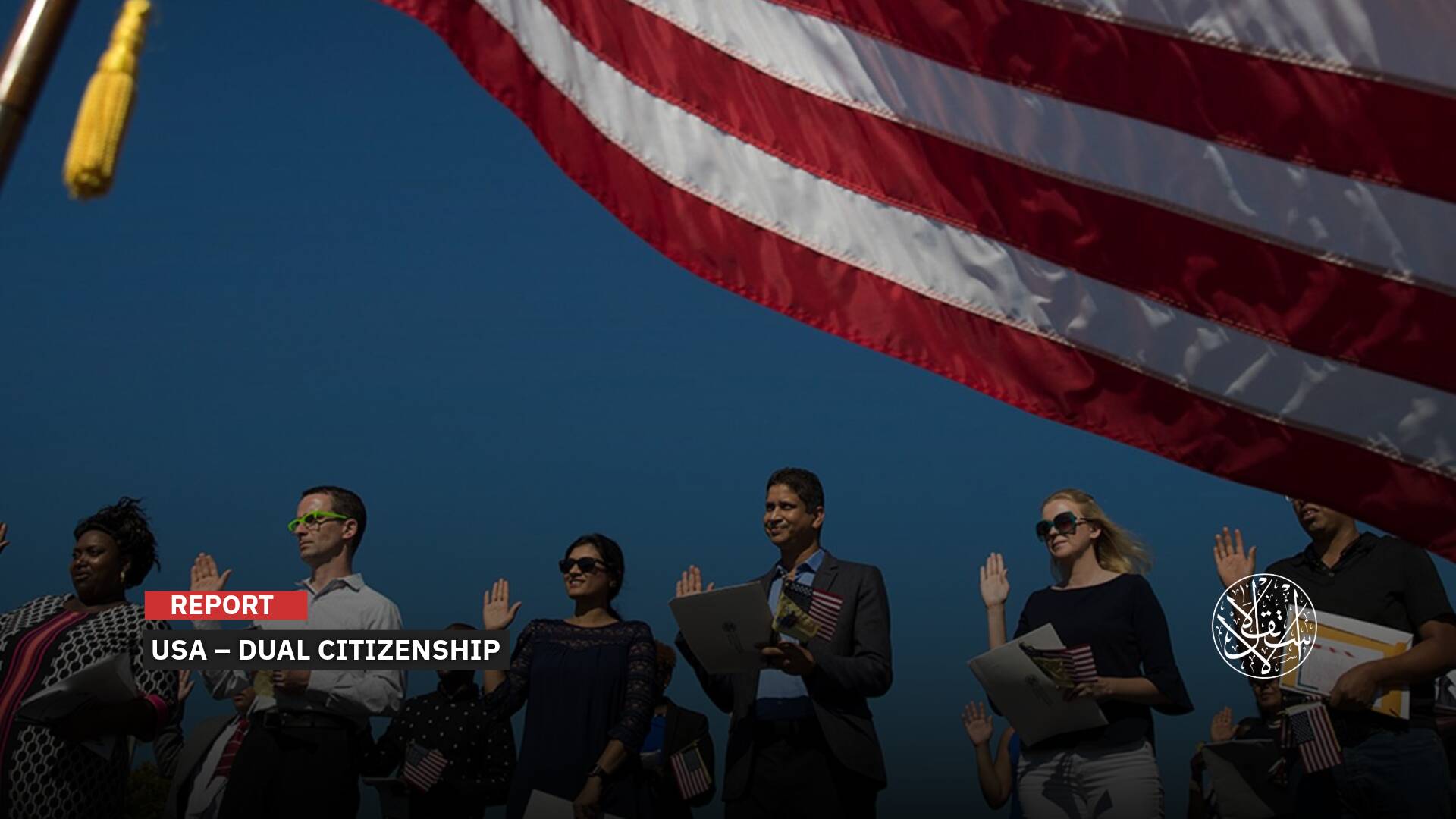Patronizing Attitude and Furious Backlash: How Trump Insulted the Leaders of Five African Nations

A wave of outrage and condemnation has erupted across social media and news outlets following President Donald Trump’s controversial conduct during a high-profile White House meeting with several African heads of state.
The gathering, held on July 9, 2025, in Washington, D.C., brought together the presidents of Liberia, Senegal, Mauritania, Guinea-Bissau, and Gabon.
Officially billed as a summit on trade, investment, and security, the event was quickly overshadowed by Trump’s dismissive tone and reportedly demeaning behavior toward his guests — a display that many observers described as both undiplomatic and deeply disrespectful.
Critics say the president’s remarks reflected a broader pattern of insensitivity toward African nations, prompting a flurry of editorials, diplomatic murmurs, and a chorus of disapproval online.
Much of the criticism leveled at Trump has centered on his treatment of Mauritanian President Mohamed Ould Ghazouani.
Midway through Ghazouani’s remarks, Trump abruptly interrupted, urging him to “wrap it up,” visibly irritated and appearing bored, according to multiple accounts from those present.
The episode didn’t end there. Turning to the remaining leaders, Trump reportedly asked them to state their names and the countries they represent — a moment that drew widespread backlash and led several media outlets to remark that the U.S. president appeared to be conducting a job interview with the African presidents.
Recurring Behavior
Trump’s behavior is far from unprecedented. Back on January 12, 2018, ambassadors from all 54 African nations at the United Nations issued a sharply worded statement calling on the U.S. president to “retract” and “apologize” for what they described as deeply offensive remarks about the continent.
The diplomatic rebuke came in response to widely reported comments in which the president referred to migrants from African countries and other nations as coming from “shithole countries”— a crude slur that sparked global condemnation and reinforced longstanding concerns over his attitude toward Africa and its people.
Returning to the White House meeting, Trump reportedly expressed surprise at Liberian President Joseph Boakai’s command of the English language — despite English having been Liberia’s official language for nearly two centuries.
“Such good English, it’s beautiful,” Trump was quoted as saying. “Where did you learn to speak so beautifully?”
Boakai informed Trump of his place of education, prompting Trump to express his curiosity. “That’s very interesting,” he said, “I have people at this table who can’t speak nearly as well.”
“I felt insulted because our country is an English-speaking country,” Archie Tamel Harris, a Liberian youth advocate, told CNN.
“For him to ask that question, I don’t see it as a compliment. I feel that the US president and people in the west still see Africans as people in villages who are not educated,” Harris added.
The White House press office, however, was quick to defend the president’s remarks.
Trump’s senior adviser on African affairs, Massad Boulos, who attended the meeting, dismissed the backlash.
“I was in the meeting and everyone was deeply appreciative of the President’s time and effort. The continent of Africa has never had such a friend in the White House as they do in President Trump,” Massad Boulos, the Trump administration’s senior adviser for Africa, said in a statement to CNN.
White House deputy press secretary Anna Kelly said that Trump’s comment was a “heartfelt compliment” and that “reporters should recognize that President Trump has already done more to restore global stability and uplift countries in Africa and around the world than Joe Biden did in four years.”
Trump’s focus on the English language has long been a pillar of his “America First” agenda.
During a 2015 presidential debate, he famously declared, “We’re a country where we speak English.”
That rhetoric was codified in March 2025, when Trump signed an executive order officially designating English as the United States’ official language.
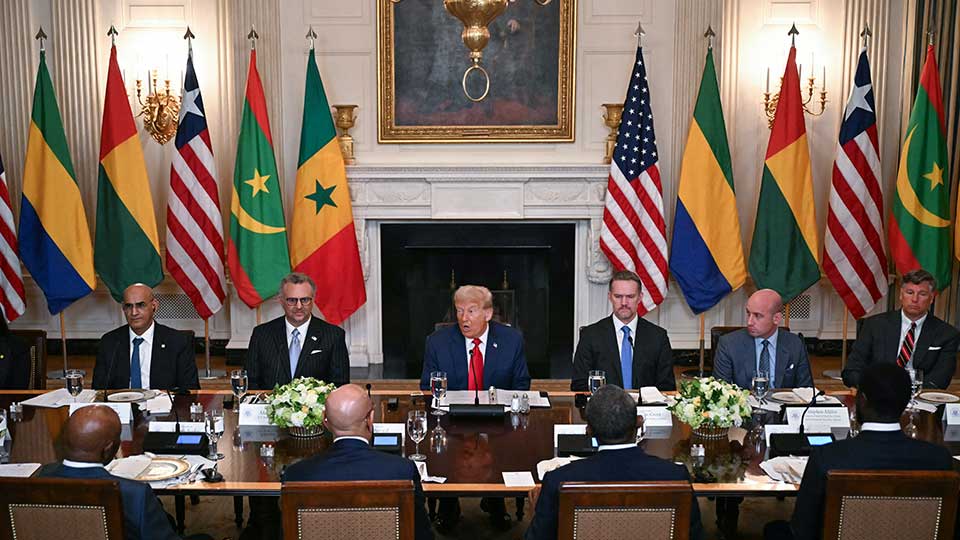
The President’s Arrogance
Reacting to the incident, Mauritanian political activist and party figure Noureddine Ould Mohamedou expressed deep dismay over Trump’s conduct.
“Setting aside the mockery of the rabble and the applause of sycophants,” he told Al Estiklal, “as a Mauritanian, an Arab, and an African, I was deeply pained by the rudeness, arrogance, and crudeness with which Trump interrupted President Ghazouani—particularly during one of his finest public interventions abroad.”
“Ghazouani was Trump’s guest. He traveled a great distance at the president’s invitation. Were it not for the whims of fate, this meeting would likely never have occurred—and may never happen again. And yet, after only a few minutes of speaking, he was cut off,” Mohamedou added.
“This was not a boardroom meeting between a CEO and his employees,” he added. “A host president should not interrupt visiting heads of state over scheduling concerns or the loss of a few minutes. Those words, in those moments, are meant to matter more than the agenda itself.”
Mohamedou went on to describe Trump’s handling of the meeting as “disastrous,” suggesting that President Ghazouani might have been better served by firmly insisting on finishing his point, rather than yielding so quickly to what he called Trump’s “boorishness.”
“While this may seem like a minor and superficial incident,” Mohamedou noted, “the political symbolism and sovereign dignity attached to it are significant—and not without deeper implications.”
Echoing that sentiment, Cameroonian political activist Chance Leon condemned the broader scene, saying, “It’s appalling to witness some African heads of state so complacently accept being herded in like cattle by Trump.”
Speaking to Al Estiklal, Leon described the episode as “humiliating,” arguing that it reflects “a disturbing lack of pride and an unacceptable submission to a country that has plundered Africa’s resources for decades while offering little in return but instability and empty promises.”
“The United States has never funded a major development project in any African nation—no roads, no hospitals, no dams, no bridges, no highways, no railways, no schools or universities. Nothing. All we’ve seen is the looting of Africa, especially in places like eastern Congo, Sudan, Somalia, Libya, the Sahel, and more recently, Mozambique.”
Leon also criticized the very format of the meeting, saying, “Once again, Trump summoned five African presidents only to belittle them—inviting them en masse, as though they were undeserving of individual attention. Contrast that with Russia and China, where African leaders are consistently welcomed one-on-one and treated with the respect they deserve.”
“These leaders were gathered like a herd from Africa for a listening session with Trump,” Leon said, “treated with astonishing indifference and reduced to little more than props in a staged encounter.”
“It was a deeply undignified political spectacle,” he continued, describing the event as one that stripped the visit of its diplomatic weight, “reducing it to nothing more than a group photo in the infamous Oval Office—as if they were mere extras in Trump’s political theater.”
“Respect is not something to be begged for—it is claimed,” Leon added. “How can we expect to be treated with dignity when we present ourselves as a group, like schoolchildren awaiting the favor of their teacher? Meanwhile, Beijing and Moscow are doubling down on structural investment and diplomatic recognition.”
“Respect is not earned by sending insincere smiles to Washington but by asserting one’s dignity—especially when the United States has never hesitated to humiliate Africa while exploiting its wealth,” Leon insisted.
He went on to highlight the stark contrast between Trump’s condescending treatment of African leaders and the ongoing economic exploitation. “While Trump treats African heads of state with deference bordering on dismissal, American multinational corporations continue to extract the continent’s minerals, oil, and rare earths with no fair compensation.”
“Africa deserves far more than humiliating handshakes and paternalistic speeches; it deserves partners who treat it as an equal.”
“If African leaders truly want to serve their peoples, they must stop acting like supplicants and start demanding the respect our continent rightfully deserves. Otherwise, they will remain nothing more than extras on the stage of Western dominance,” Leon concluded.

African Praise
Despite the controversy, Financial Express noted on July 10 the effusive praise showered on President Trump by the five African leaders, who appeared eager to persuade him to invest in their countries.
As each of those present at the table went around thanking the US leader for the invitation, he responded, ‘I didn’t know I’d be treated this nicely. This is great. We could do this all day long,’ Financial Express reported.
“Trump welcoming hand-picked African guests at the White House comes after his previous term in office, when he was lambasted by some for being “dismissive toward Africa.” In his second presidential term, he is eyeing the continent’s mineral wealth with an aim to challenge China’s access to the same in the region.”
“Yet, one can’t help but notice how this is all happening against the backdrop of Trump targeting the BRICS bloc, wherein South Africa is a member nation. Just days ago, the MAGA boss issued a firm warning against the countries involved, suggesting that he would hit them with an additional 10% tariff “if they so much as even think” about replacing the US dollar with a new BRICS currency,” Financial Express reported.
It highlighted that the “Make America Great Again” campaign chief has issued a stark warning to the countries involved, stating that he would impose an additional 10 percent tariff “if they even think for a moment” about replacing the U.S. dollar with a new BRICS currency.
Meanwhile, the American publication Time reported on July 10 that Trump’s treatment of his five guests at the White House has only fueled the criticisms that have dogged him since the start of his second term.
“In his second term so far, Trump has been criticized for championing false claims of ‘white genocide’ in South Africa, granting refugee privileges to white Afrikaners while implementing new travel restrictions that inexplicably seem to target several majority-Black African nations,” Time reported.
The site further explained that Trump has significantly cut humanitarian aid to the continent at a time when Africa was among the largest recipients of support from the U.S. Agency for International Development (USAID), and the agency’s dismantling is expected to cost millions of African lives.
For many, the publication noted, these moves appeared to reflect Trump’s clear disregard for the continent.
It concluded that Africa is increasingly recognized as the next frontier of global economic growth, with immense potential driven by its diverse natural resources, a burgeoning youth population, and untapped innovation.



